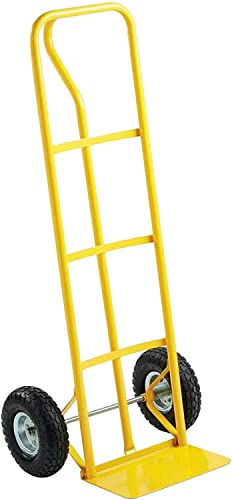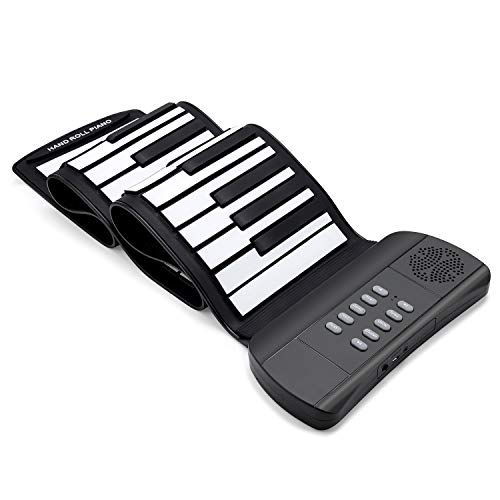Understanding Hand Trucks: The Basics of Moving with Ease
What Is a Hand Truck?
A hand truck, often referred to as a trolley or dolly, is a versatile lifting and moving tool designed to make transporting heavy items a breeze. Imagine trying to carry a bulky box down a flight of stairs or across a yard; doing it without a hand truck could lead to straining your back or dropping the item. This is where the hand truck comes in, offering a sturdy platform and wheels that allow you to tilt the load back and glide effortlessly on the ground to your destination.
How Does It Work?
Using a hand truck is straightforward. You place the item on the platform, tilt the truck back by leveraging its handle, and then manoeuvre it with ease. This design reduces the physical effort needed to move heavy loads and allows for greater control, making the process smoother whether you’re navigating tight spaces or tackling stairs.
Why Choose a 250kg Hand Truck: Benefits for Home and Business Use
Strength Meets Versatility
A 250kg hand truck strikes the perfect balance between strength and manoeuvrability. For home use, think about moving furniture during a relocation or hauling boxes during seasonal clean-ups. At the same time, for businesses, from warehouses to retail settings, having the capability to carry a substantial weight means fewer trips and time saved. This not only increases efficiency but also helps prevent potential injuries from lifting heavy objects repeatedly.
Cost-Effectiveness
Investing in a hand truck that can carry 250kg reduces the need to hire additional help, allowing you to handle loads on your own. This kind of hand truck pays for itself over time, whether you’re a homeowner who frequently rearranges furniture or a business owner dealing with daily deliveries. With fewer physical demands, both your time and energy are preserved for other essential tasks.
Key Features to Look for in a Hand Truck: A Comprehensive Guide
Build Quality and Material
When selecting a hand truck, assess the material used in its construction. Steel frames offer durability and longevity, while aluminium models are lighter and easier to manoeuvre. Both have unique benefits depending on your specific needs, whether you value strength or agility.
Wheel Types and Sizes
Don’t overlook the wheels; they play a crucial role in mobility. Larger wheels can handle uneven surfaces better than smaller ones. Solid rubber wheels are puncture-proof and do not require maintenance, while pneumatic wheels offer a smoother ride over rough terrain.
Adjustable Height and Folding Mechanisms
Look for hand trucks with adjustable handles to accommodate users of different heights, enhancing comfort during use. Folding hand trucks are particularly convenient for storage and transport, making it easy to tuck them away when not in use.
Choosing the Right Type of Hand Truck for Your Needs: Scenarios to Consider
Home Improvement Projects
For general home improvement tasks, a standard 250kg hand truck is usually suitable. It handles bulky items like appliances and furniture effortlessly, making it a reliable choice for moving anything from packages to tools.
Retail and Warehouse Applications
In a business environment, a hand truck designed for warehouse use might incorporate additional features such as extra tie-down straps or wider bases for stability. If your work involves regular deliveries, consider one that can handle various package sizes and weights efficiently.
Expert Tips for Using Your Hand Truck Efficiently and Safely
Proper Loading Techniques
To maximise efficiency, always load items evenly on the platform. This prevents tipping and maintains control while moving. Additionally, ensure heavier items are positioned low and centred for optimal stability.
Safety First
Keep safety at the forefront by ensuring you are aware of your surroundings while moving. Use proper lifting techniques when getting the truck into position—bend at the knees and keep your back straight. It’s also advisable to wear protective gear, particularly when moving heavy materials or navigating rough terrain.











